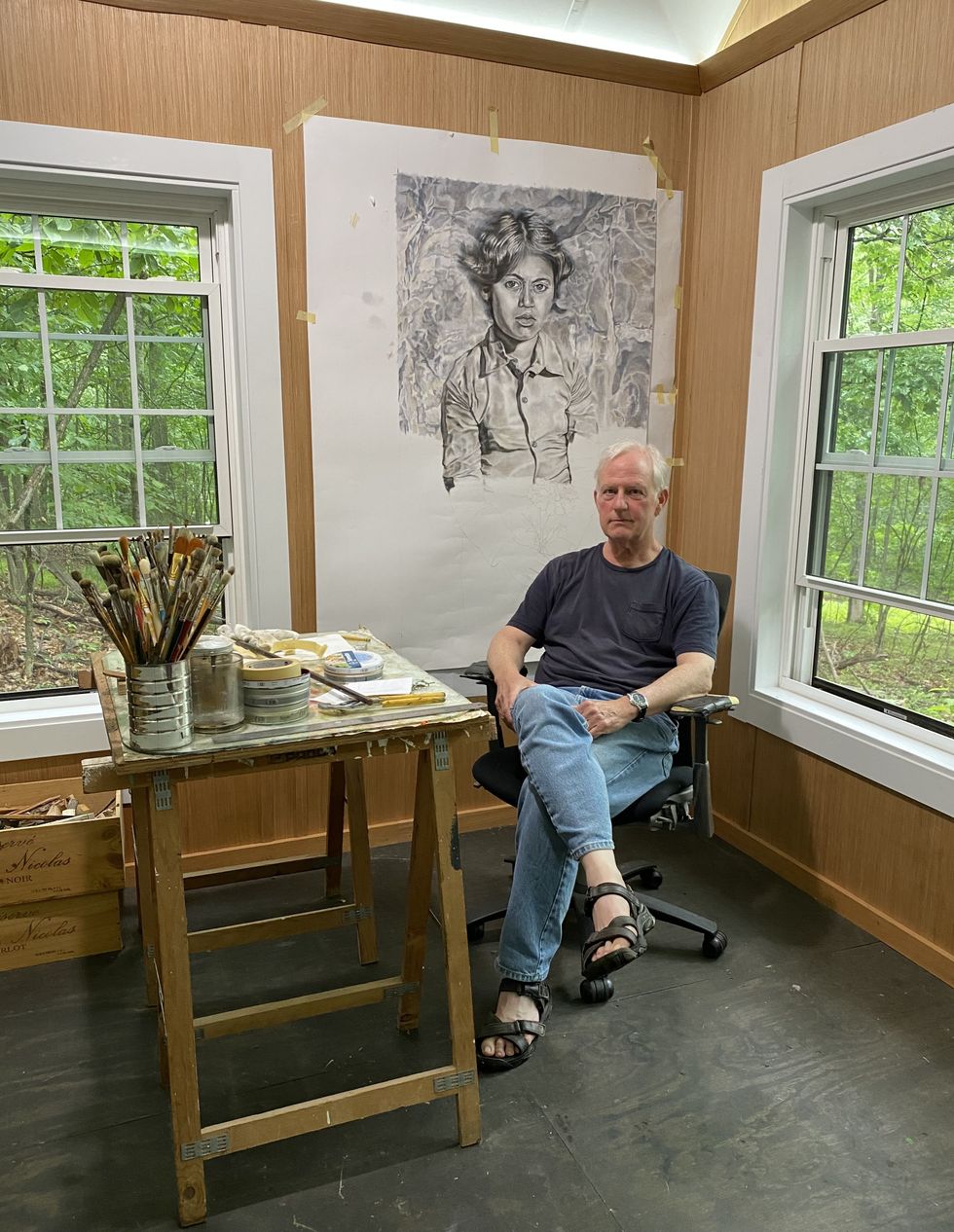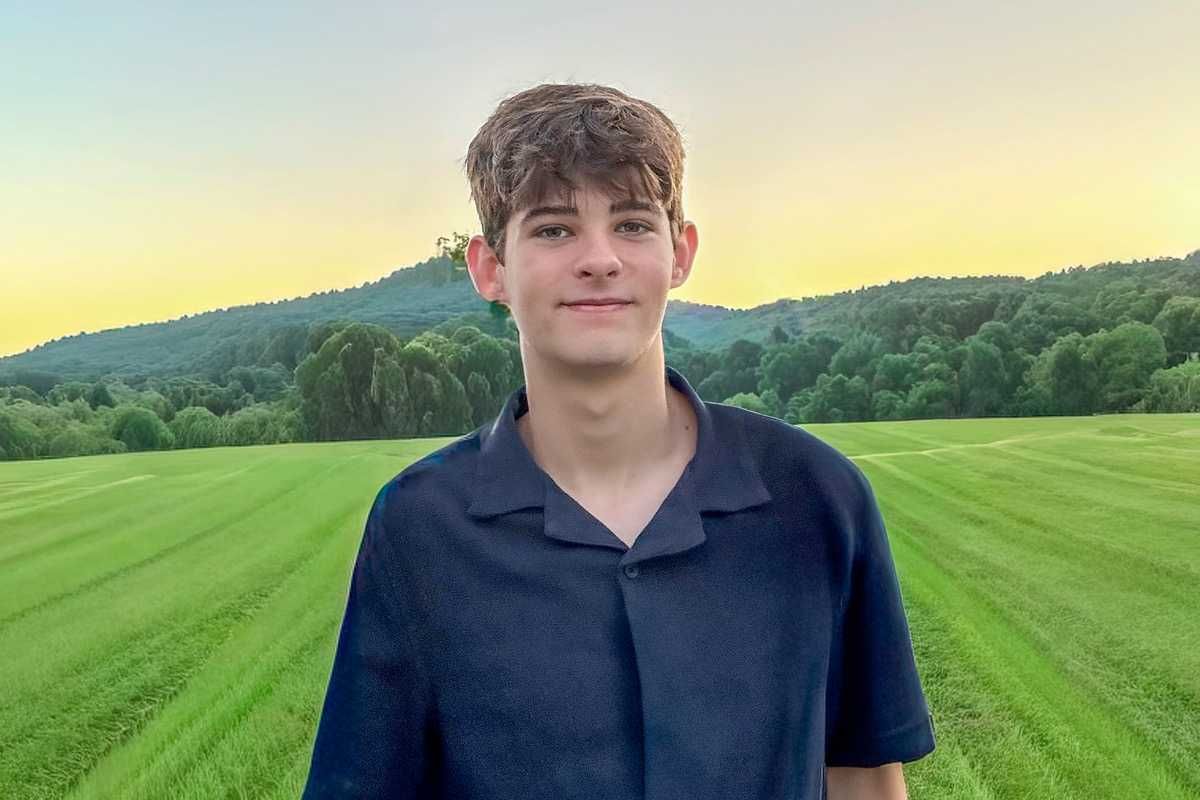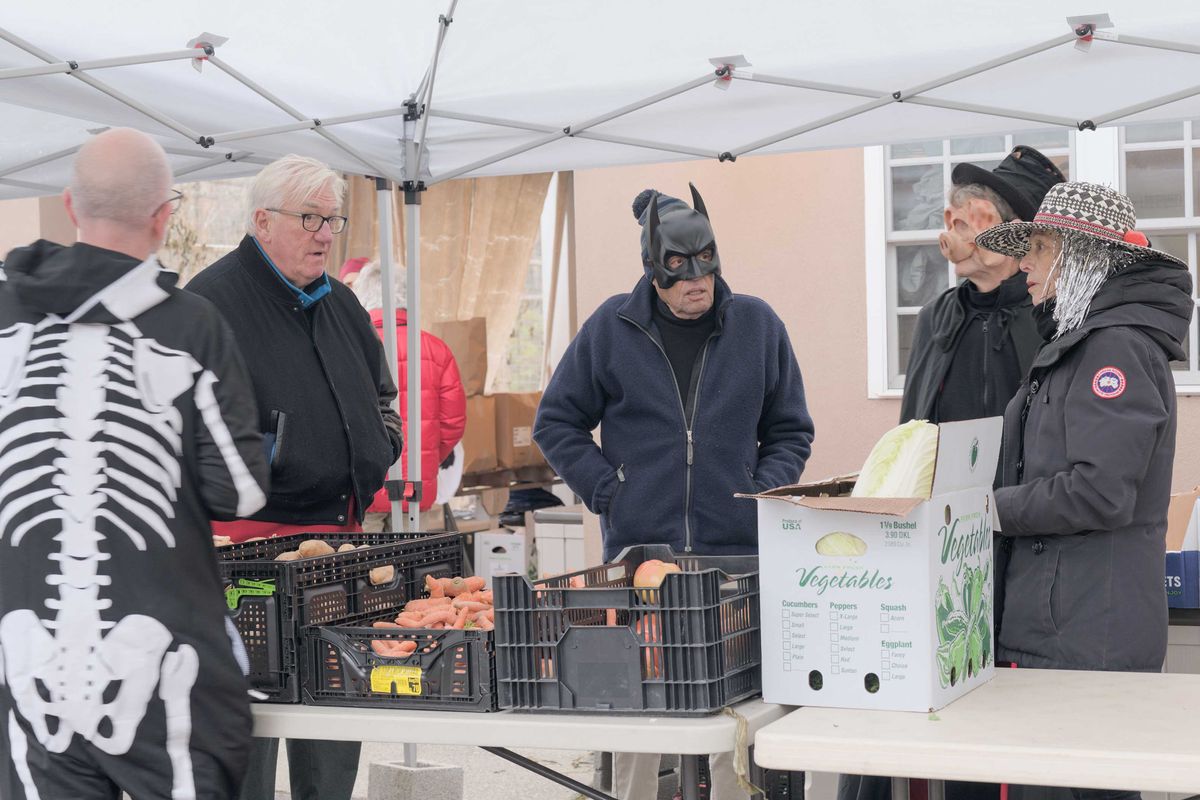An Artist Finds his Place in the World Through his Portraits

Portrait and figurative artist Christopher Pouler makes paintings that showcase the human condition, in his charming shed and working studio, which sits atop a hill on his 3.5-acre property.
Photo by Anabelle Baum







 Webutuck High School social studies teacher Kevin Kleespies let students pet his bear steed as they passed.Nathan Miller
Webutuck High School social studies teacher Kevin Kleespies let students pet his bear steed as they passed.Nathan Miller






